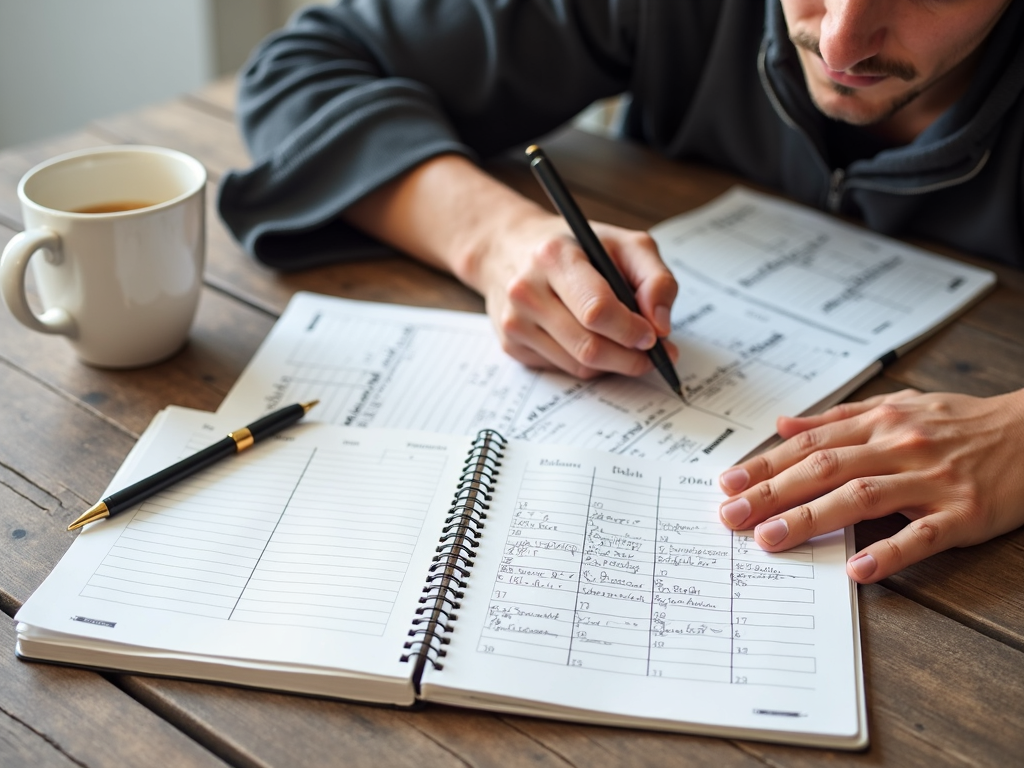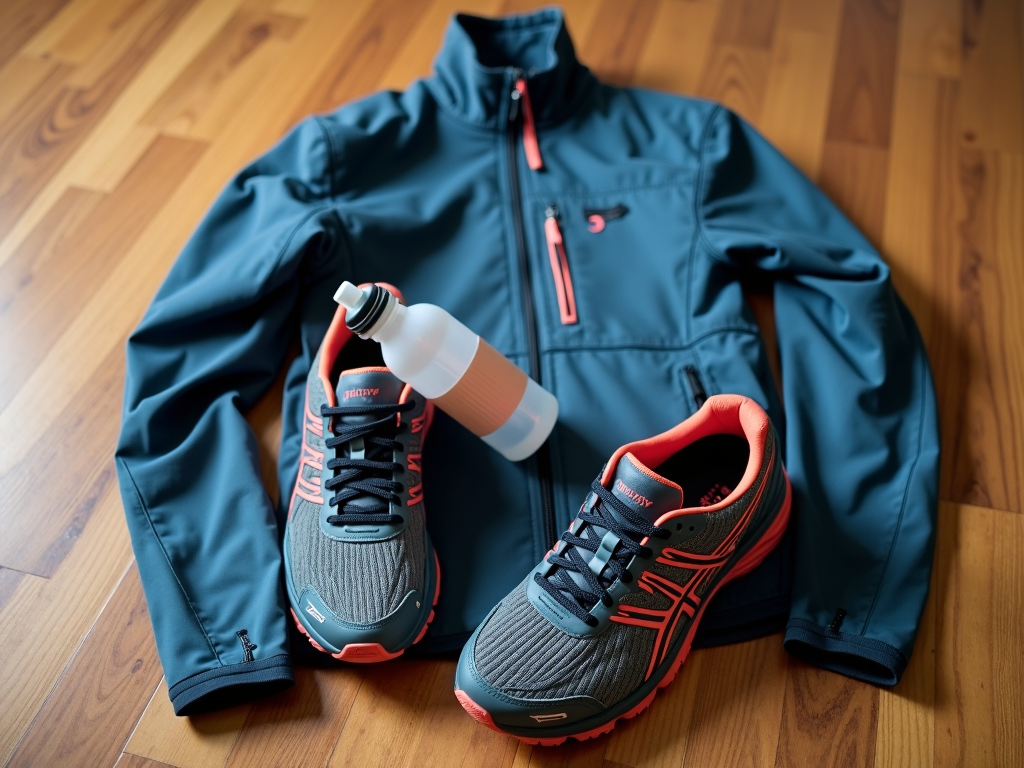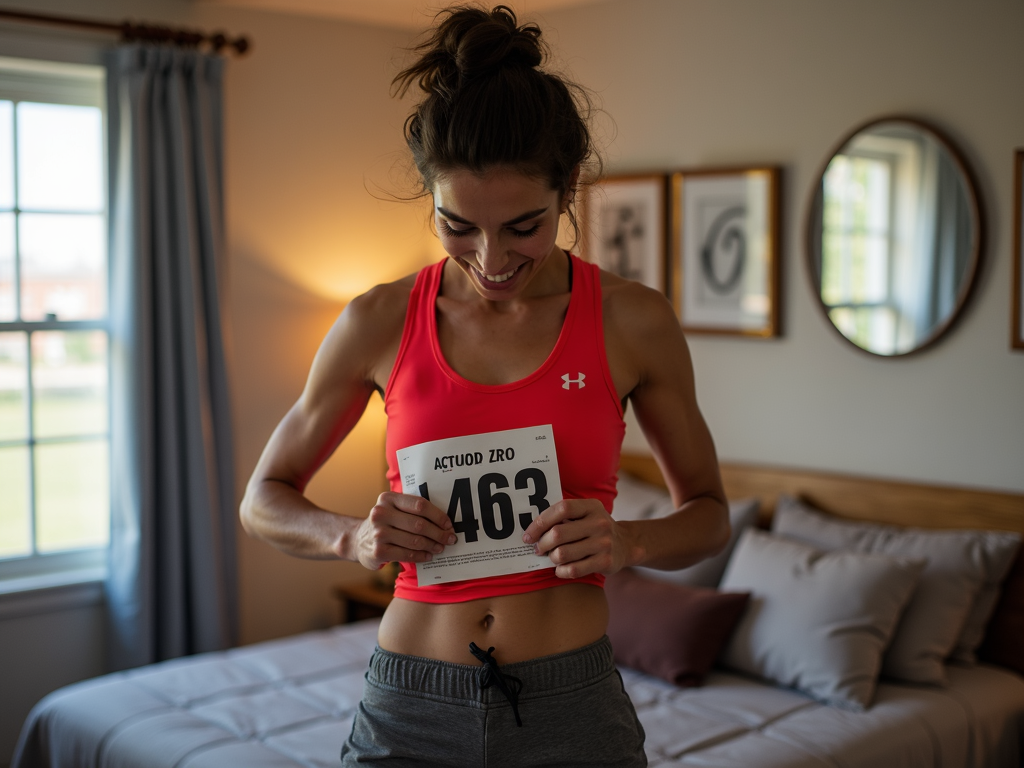Overview
Ready to run your first 5K? This guide walks you through training, gear, nutrition, and race day prep. It’s perfect for beginners aiming to cross the finish line with confidence.
Why a 5K Is Perfect for Beginners
A 5K race is 3.1 miles—a distance that’s challenging yet doable for new runners. I remember my first 5K; I was nervous but excited. It’s a great way to kickstart your fitness journey, and with the right plan, you’ll feel ready in no time.

Start with Clear Goals
Before you hit the pavement, decide what you want to achieve. Maybe you just want to finish, or perhaps you’d like to run the whole way. I started with small goals, like running for 10 minutes without stopping. Be honest about your fitness level—it sets you up for success.
Beginner 5K Goals
- Cross the finish line
- Run without walking
- Finish in under 45 minutes
- Have fun and stay motivated

Build Your Training Plan
A solid plan is key to training for a 5K. Start slow and build up. I used an 8-week plan that mixed running, walking, and rest. Experts at places like Runner’s World suggest gradual increases to avoid burnout or injury.
8-Week Beginner 5K Plan
| Week | Mon | Tue | Wed | Thu | Fri | Sat | Sun |
|---|---|---|---|---|---|---|---|
| 1 | Rest | 1 mi run | 20 min walk | 1 mi run | Rest | 1.5 mi run | 25 min walk |
| 2 | Rest | 1.5 mi run | 25 min walk | 1.5 mi run | Rest | 2 mi run | 30 min walk |
| 3 | Rest | 2 mi run | 30 min cross | 2 mi run | Rest | 2.5 mi run | 35 min walk |
| 4 | Rest | 2 mi run | 35 min cross | 2 mi run | Rest | 3 mi run | 40 min walk |
| 5 | Rest | 2.5 mi run | 40 min cross | 2.5 mi run | Rest | 3.5 mi run | 45 min walk |
| 6 | Rest | 3 mi run | 45 min cross | 3 mi run | Rest | 4 mi run | 50 min walk |
| 7 | Rest | 3 mi run | 45 min cross | 3 mi run | Rest | 4.5 mi run | 55 min walk |
| 8 | Rest | 2 mi run | 30 min walk | 1.5 mi run | Rest | Rest | Race Day! |

Gear Up Right
Good gear makes running easier. Get fitted for running shoes at a store—I learned the hard way that cheap sneakers lead to blisters. Wear breathable clothes and consider a water bottle or belt for longer runs.
Must-Have Gear
- Running shoes with good support
- Moisture-wicking shirt and shorts
- Socks that prevent blisters
- Optional: Running watch or phone holder

Fuel Your Body
Eating and drinking right keeps you going. Before a run, I grab a banana and some water. During longer runs, a sports drink helps. After, I refuel with a protein bar. For race day, stick to what your stomach knows.

Stay Injury-Free
Injuries can derail your training. I stretch before and after every run—simple moves like leg swings and calf stretches. Rest days are non-negotiable. If something hurts, ease up. The Mayo Clinic says overdoing it is a common rookie mistake.
Injury Prevention Tips
- Warm up for 5-10 minutes
- Stretch after running
- Take at least 1-2 rest days weekly
- Add strength exercises like squats

Get Ready for Race Day
Race day feels big, but prep makes it manageable. Sign up early—I missed a spot once by waiting too long. Lay out your stuff the night before. Eat light in the morning, like toast and coffee, and arrive early to soak in the vibe.
Race Day Checklist
- Bib and safety pins
- Running shoes and outfit
- Water bottle
- Small breakfast
- Positive attitude

After the Race
Crossing the finish line is a rush—I felt unstoppable my first time. Take a moment to enjoy it. Snap a photo, eat a snack, and think about what’s next. Maybe try unique 5K race themes or a family run to keep the fun going.

Tips for Family Fun
Running can be a group thing. Exploring family fitness with a 5K is awesome—my kids loved cheering me on. Look into The Ultimate Guide to Preparing for Your First Family 5K for ideas on making it a team effort.

Summary
Training for a 5K is about preparation and persistence. Set goals, follow a plan, gear up, eat smart, and stay safe. You’ll not only finish your race but maybe spark a love for running. Check out more 5K races and start today!
Discuss Here